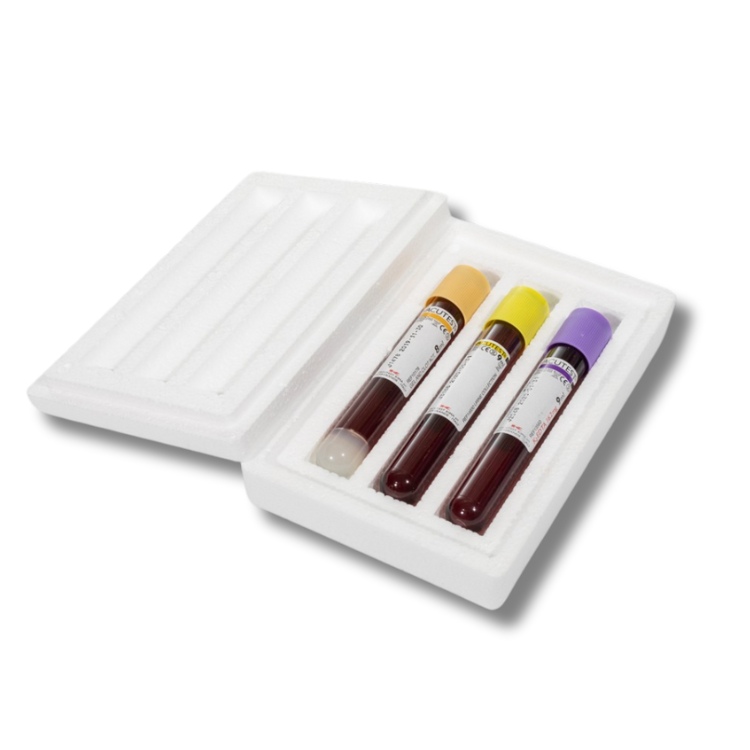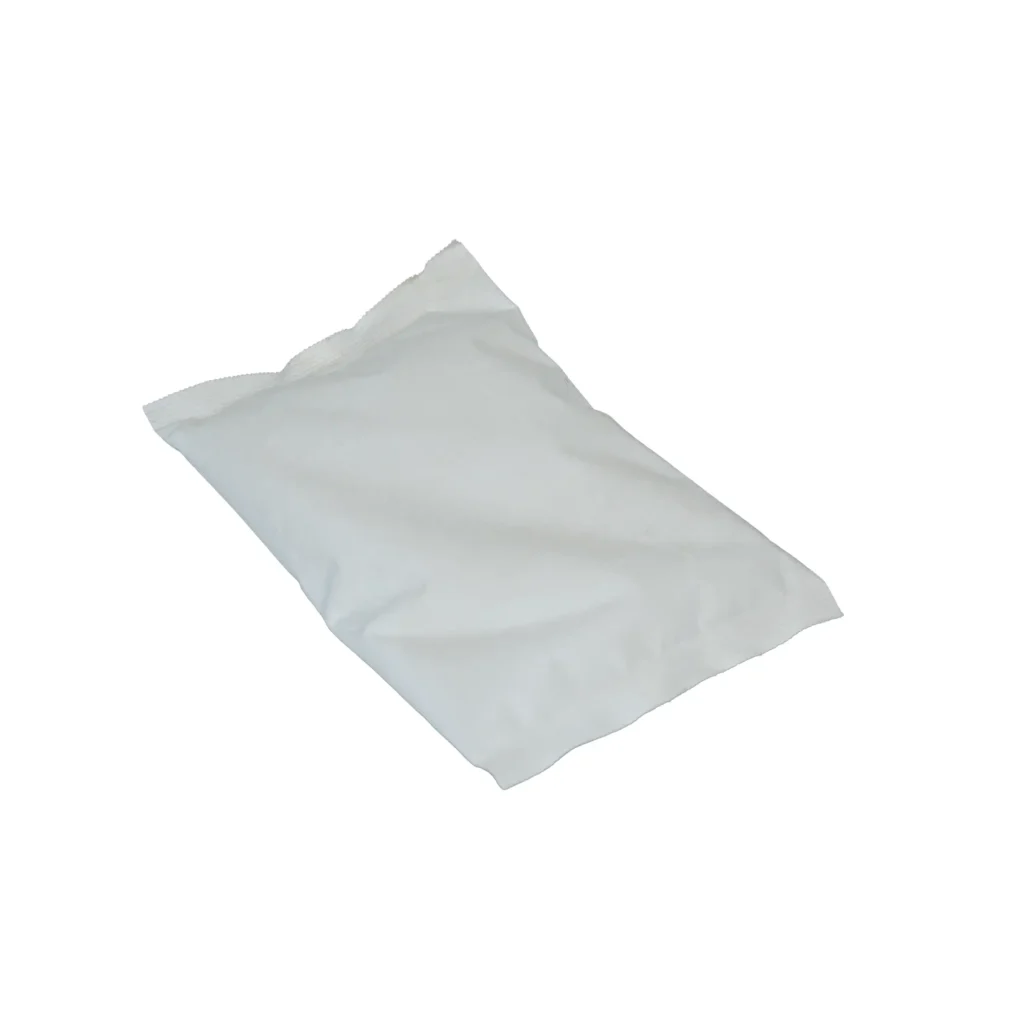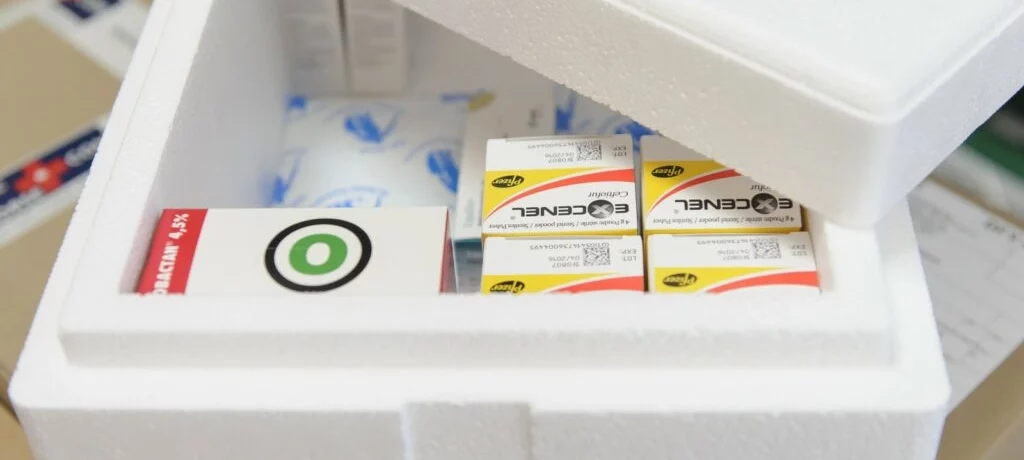The changing European food cold chain: innovations and sustainability
A market on the rise
The European cold chain food logistics market is experiencing unprecedented growth, driven by a combination of factors reshaping consumer behavior and industry standards. With an estimated value of USD 68.55 billion in 2024, the market is expected to grow to USD 104.23 billion by 2029, a CAGR of 8.97%! This rise highlights the increasing importance of efficient cold chain logistics in delivering fresh, high-quality food products throughout the continent.
Increasing popularity of refrigerated and frozen foods
One of the main drivers behind this market growth is the huge demand for fresh produce. European consumers are increasingly seeking healthy foods, which has led to an increase in the consumption of fruits, vegetables and other perishable goods. This shift in dietary preferences has in turn driven sales of these products, which requires sophisticated cold-chain logistics to ensure their freshness and quality – from farm to fork.
Delivering freshness through e-commerce
The rise of e-commerce has further transformed the landscape of food logistics. Consumers are now turning to online platforms for their groceries, expecting the same quality and freshness as traditional brick-and-mortar stores. This shift has put immense pressure on retailers and logistics providers. They must now develop robust cold chain solutions that can handle the complexity of delivering temperature-sensitive items directly to consumers’ doors.
Food safety and quality
The European Union has always maintained high standards for food safety and quality. This was even reinforced with the recent introduction of new regulations, especially for organic products. These regulations require strict temperature control throughout the supply chain, fueling the need for advanced refrigeration technologies and solutions. Ensuring compliance with these standards is crucial to maintaining the integrity and safety of food products and safeguarding the health of consumers.
Full focus on sustainability
As environmental awareness grows, so does the focus on sustainable practices within cold chain logistics. Companies are increasingly seeking eco-friendly solutions to minimize their carbon footprint, ranging from optimizing transportation routes to investing in energy-efficient refrigeration systems. This commitment to sustainability aligns with the values of environmentally conscious consumers and contributes to a greener future for the industry.
Customization for your unique challenge
Choose solutions that fully meet your needs. At Coolpack, we’re ready with innovative and reliable products for conditioned transport. Together we will be happy to discuss what works for you. Discover what’s possible. Click below for more information.
Specialist in the market
For conditioned transport
Always a solution
Perfectly tailored to your situation
Fast delivery
Your products safe and fresh
Trusted quality
Known to perform time and again
Coolpack: your trusted partner in the cold chain
Coolpack understands the dynamic demands of the European cold chain for food products. Our innovative and reliable cold chain solutions are designed to meet the needs of companies across the industry, ensuring safe and efficient transportation of temperature-sensitive goods. Whether you are a small manufacturer, large retailer or logistics provider, Coolpack offers a range of products and services to help you meet the challenges and take advantage of the opportunities presented by this fast-growing market.
Toward a greener future
Coolpack, part of the renowned Bunzl Group, has sustainability as a core value. Under the expert leadership of Bunzl’s Sustainability Manager, Joost Lips, we have achieved a remarkable 60% improvement in CO2 efficiency since 2010. Our ambition is to increase our CO2 efficiency by 25% from our 2019 baseline by 2025 and to achieve an improvement of more than 50% by 2030. We are actively participating in the United Nations’ Race to Zero campaign, with the goal of achieving carbon neutrality by 2050.
Building bridges between tradition and innovation
Coolpack’s approach bridges tradition and innovation by combining proven practices with cutting-edge technology to provide customized cold chain solutions. Because our expertise spans numerous industries, we can always provide customized support to customers with specific needs. From small-scale operations to large-scale logistics, Coolpack strives to maintain the highest standards of quality and sustainability.
Coolpack to the vanguard
The European food cold chain logistics market is on a growth path, driven by changing consumer preferences, the rise of e-commerce and stringent regulations. As the industry evolves, efficient and sustainable cold chain solutions will become increasingly important. Coolpack is at the forefront of this transformation, offering innovative products and services that ensure safe and efficient transportation of perishable goods. By putting sustainability and advanced technology first, Coolpack not only meets current market demand, but also paves the way for a greener, more efficient future.
Contact us today to learn more about how Coolpack can help you stay ahead in the fast-growing European food cold chain logistics market.
Sustainability Coolpack and CSR
At Coolpack, we are aware of our responsibility to contribute to society. Both in terms of sustainability and society as a social body.
We weigh the interests of the customer, the environment and society, as well as ourselves as an organization, in all business decisions. In this way, we achieve balanced business operations and together ensure an ever better world.
Product groups
Customer Cases
Contact
- +31 (0)33 457 19 82
- info@coolpack.nl
-
Industrieweg 11b
1566 JN Assendelft
Related blogs
Refrigerants such as gel packs and water packs are used daily to safely transport temperature-sensitive goods. Although both systems perform […]





